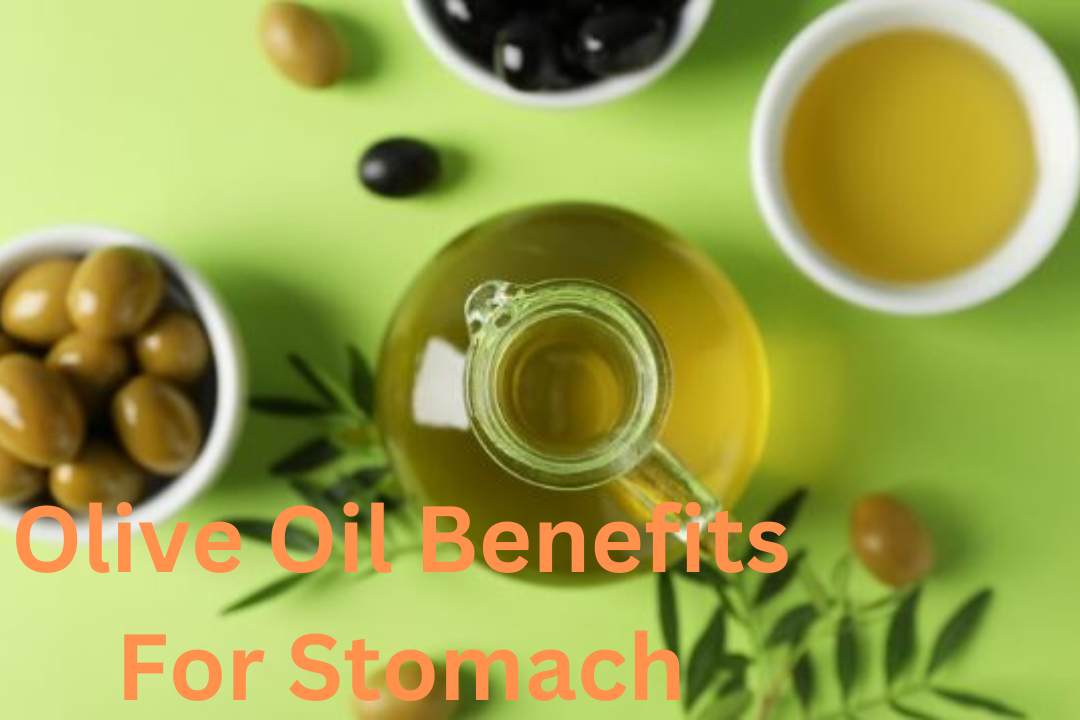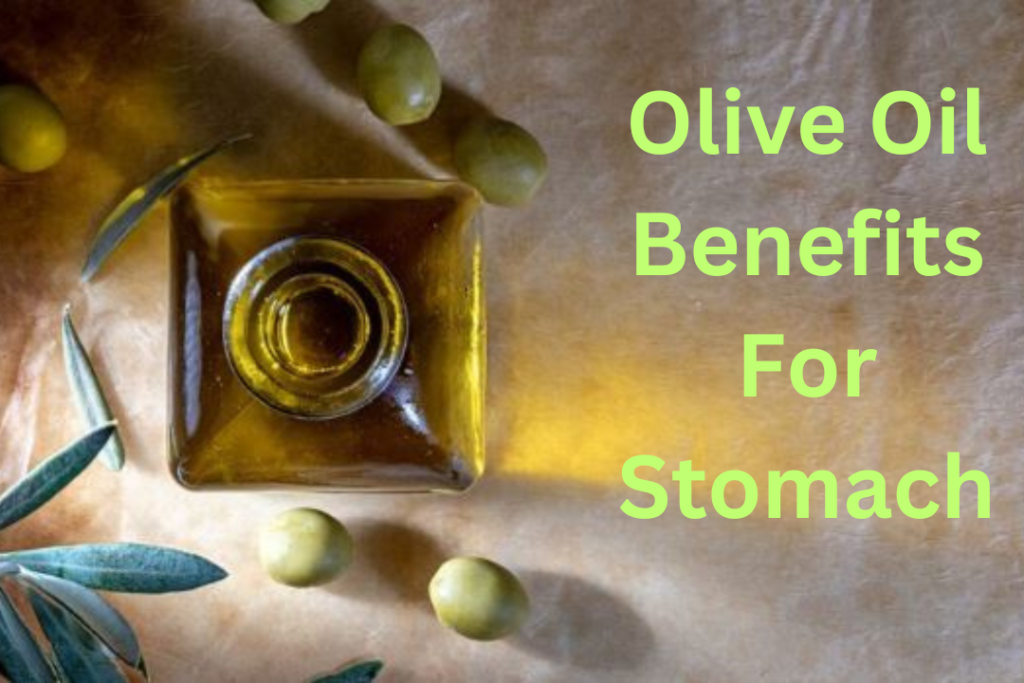Incredible Benefits of Olive Oil for For Stomach Health! From soothing digestion to promoting overall health, learn how these natural remedies can improve your digestive system.
Improve digestive Olive Oil Benefits For Stomach
Introduction
Understanding Gastrointestinal Health
Before exploring the specific Olive Oil Benefits For Stomach, it’s important to understand the basics of gut health. The stomach plays a vital role in the digestion process, breaking down food into nutrients that fuel our bodies.
Functions Of The Stomach
,Acid Production
The stomach secretes gastric acid, which is essential for protein digestion and absorption of essential nutrients.
Mechanical digestion:
Through muscular contractions, the stomach digests food and mixes it with digestive juices, making it easier to break down.
Gastric Lining Protection:
The mucus lining protects the stomach lining from the corrosive effects of gastric acid, preventing ulcers and discomfort.
Know The Benefits Of Olive Oil For Stomach
Now, let’s take a look at specific ways olive oil can promote gut health and overall well-being.
1. Soothes indigestion
Olive oil has anti-inflammatory properties that provide relief from digestive discomfort including bloating, gas and indigestion. Its soothing effect on the stomach lining helps soothe irritation and promote ease of digestion
2. Enhances nutrient absorption
The monounsaturated fats present in olive oil aid in the absorption of fat-soluble vitamins, such as vitamins A, D, E and K. By including olive oil in your diet, you can improve nutrient absorption and support overall health.
3. Balancing the gut microbiota
Olive oil consumption has been linked to a healthy composition of gut microbiota. Beneficial bacteria thrive in the presence of olive oil, promoting gut health and reducing the risk of digestive disorders.
4. Gastric ulcer prevention
Olive oil contains compounds such as oleic acid and polyphenols, which have been shown to have protective effects against gastric ulcers. Regular consumption of olive oil helps strengthen the stomach lining and reduce the risk of ulcers.
5. Helpful In Weight Management
Including olive oil in a balanced diet may aid in weight loss efforts. Its satiating properties help curb hunger, reduce the chances of overeating and maintain a healthy weight.
6. Elimination of Acid Reflux
Contrary to popular belief, olive oil can actually help relieve acid reflux symptoms. Its anti-inflammatory properties soothe the esophagus and promote proper digestion, thereby reducing the frequency and severity of reflux episodes.
7. Regularizing bowel movements
Olive oil acts as a natural lubricant for the digestive tract, promoting regularity and preventing constipation. Its mild laxative effects make it an excellent remedy for maintaining healthy bowel movements.
8. Reduce Inflammation
Chronic inflammation in the digestive tract can lead to various gastrointestinal disorders. The anti-inflammatory properties of olive oil help reduce inflammation, thereby providing relief from conditions like gastritis and inflammatory bowel disease.
9. Enhance Immune Function
A healthy gut is essential for strong immune function, as it houses a significant portion of the body’s immune cells. Olive oil supports gut health, boosting the immune response and reducing the chance of infection.
10. Increases digestive enzyme activity
Olive oil stimulates the release of digestive enzymes, which are necessary to break down food and absorb nutrients. By increasing enzyme activity, olive oil promotes efficient digestion and utilization of nutrients.
11. Relief from heartburn
Contrary to popular belief, olive oil may help relieve heartburn symptoms by coating the esophagus and reducing acidity. Its soothing properties relieve the burning sensation associated with heartburn, promoting greater relaxation after meals.
12. Improves Gallbladder Functioning
Olive oil consumption has been linked to improved gall bladder function, which aids in fat excretion and digestion. By supporting gall bladder health, olive oil helps smooth digestion and reduce the risk of stone formation.
Frequently Asked Questions
Question: Can olive oil worsen stomach ulcers?
Answer: No, olive oil contains compounds that may help prevent the formation of stomach ulcers by strengthening the stomach lining.
Question: How much olive oil should be consumed daily for digestive health?
Answer: Adding 1-2 tablespoons of extra virgin olive oil to your daily diet may provide significant gastrointestinal health benefits.
Question: Is olive oil beneficial for people with sensitive stomachs?
Answer: Yes, the mild properties of olive oil make it suitable for people with sensitive stomach, providing relief from digestive discomfort.
Question: Can olive oil help irritable bowel syndrome (IBS) symptoms?
Answer: Although individual responses may vary, many people find that adding olive oil to their diet can help reduce IBS symptoms such as bloating and stomach pain.
Question: How does olive oil compare to other cooking oils for gastrointestinal health?
Answer: Olive oil is known for its many health benefits, including its positive effects on gastrointestinal health, making it a preferred choice over other cooking oils.
Q: Are there any side effects of consuming olive oil for stomach health?
A: When consumed in moderation, olive oil is generally well-tolerated. However, excessive consumption may lead to calorie excess and weight gain.
Conclusion
Ultimately, olive oil emerges as a versatile and invaluable ally in promoting gut health and overall well-being. From soothing digestion to strengthening the gut microbiota, its benefits are as diverse as they are profound. By adding olive oil to your daily routine, you can nurture a healthy gut and pave the way for a vibrant, thriving life.


